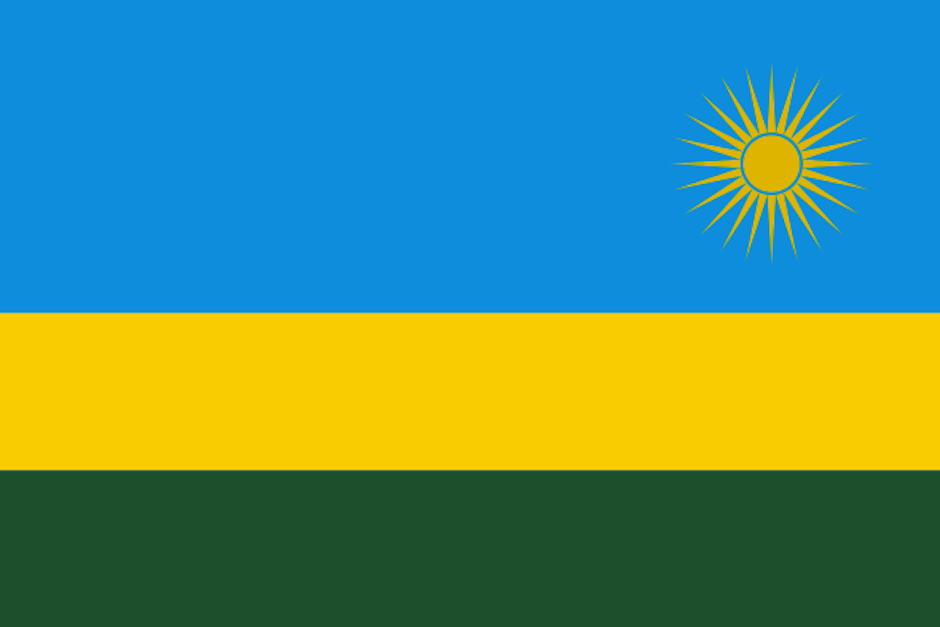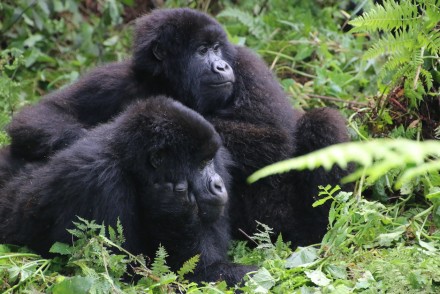By Alex Eby
If Rwanda conjures any meaning for you, it most likely has to do with mountain gorillas or genocide and perhaps Don Cheadle. Now I’m no historian, so what you read here has not been exhaustively fact checked. I’m simply trying to make sense of what I’ve read, heard and learned and then offer that to others.
Of course there was a colonial period – Belgium and King Leopold in this case. Lots of nuanced historical factors influenced what happened for 100 days 21 years ago, but here are some basics. More than 200 years ago there were two main indigenous groups here, the Hutus and the Tutsis. Intermarriage was abundant and so by the 1800s these distinctions were economic or class based, not ethnic. This is important, there were and are still generally two groups, but they aren’t ethnically separate.
The wealthier (determined by number of cattle owned) were Tutsis and were a significant minority, but they were put in power over the Hutus by the Belgians. Every person was assigned an identity card. This of course led to resentment. After independence from Belgium in 1959, the Hutu, by shear majority took over; there were atrocities then and many Tutsi people fled the country. Over the years there were attempts by Tutsi to regain some standing in the country. In 1994, this all boiled over for 100 days. What resulted was indescribably brutal. It saw people that knew each other, neighbors, attacking one another. Mass murder was committed with machetes on a very local level by many, many people. No other countries came to help, including and especially the United States.
But this is not why we are going to Rwanda. You see it is what has happened since 1994 that is so unique and amazing. Once the Rwandan rebel army defeated the Hutus (the majority) and the killing ceased, there were many guilty parties still walking around. Too many to try and punish and everyone knew who they were. What do you do about that? How do neighbors reconcile?
The situation required forgiveness and the will to forge ahead. Of course certain players central to the genocide, ring leaders were prosecuted, in fact, the courts set up to handle this still operate here in Arusha. We have walked or driven by them many times. But the majority of the perpetrators stayed within their communities. As there was mass genocide, there has been mass forgiveness. Reconciliation had to happen on a person-to-person basis. At the local village level, tribunals were set up between former neighbors. Tribal customs were utilized whereby victims and murderers would literally stand face-to-face, “you killed my mother and my sister,” “I’m sorry.” Guilt was admitted and forgiveness was offered. Some version of normal life restarted.
That is why we are going to Rwanda, to try and see for ourselves. Rwandans committed to not allowing something so horrific to ever happen again. They are motivated! A central tenant is that they were ignored when these atrocities happened and they want to be independent in their solutions. No handouts. As the country was reborn, they looked at the whole system. What would you change about your country if you could change anything?
This is the most densely populated country in Africa and poverty and food shortages have been huge problems. They have vowed to feed themselves. Every hillside is terraced and farmed. There are few indigenous plant species left, but they are accomplishing their goals. They have also vowed to do this work on their own. Rwanda has learned that you cannot count on foreign countries to have Rwanda’s best interests in mind. They allow assistance that is designed to empower and foster ownership. They do not allow assistance that is unsustainable and based on dependency and handouts.
What else would you do if you were reinventing your country? There are no plastic bags allowed in Rwanda. We’ve heard that they take them away from you at the airport and point you to a pile of paper bags. The country is reportedly clean. Clean, clean! It has been called the Singapore of Africa.
April is the anniversary month of the genocide. There are commemorations and remembrances throughout the country. It is the month of the rains, therefore of cleansing and of rebirth. We will be there for a week this month just trying to get a sense.
If you’d like to read more about Rwanda and an American family’s endeavor to make a difference read the book, A Thousand Hills to Heaven by Josh Ruxin. We are staying a few nights at his wife Alissa’s guest house in Kigali. A pass to swim in the pool at the Hotel Rwanda is included. After that we will venture into Volcanoes National Park to sit with gorillas.



Powerful. Thanks
can’t wait to hear about the gorilla